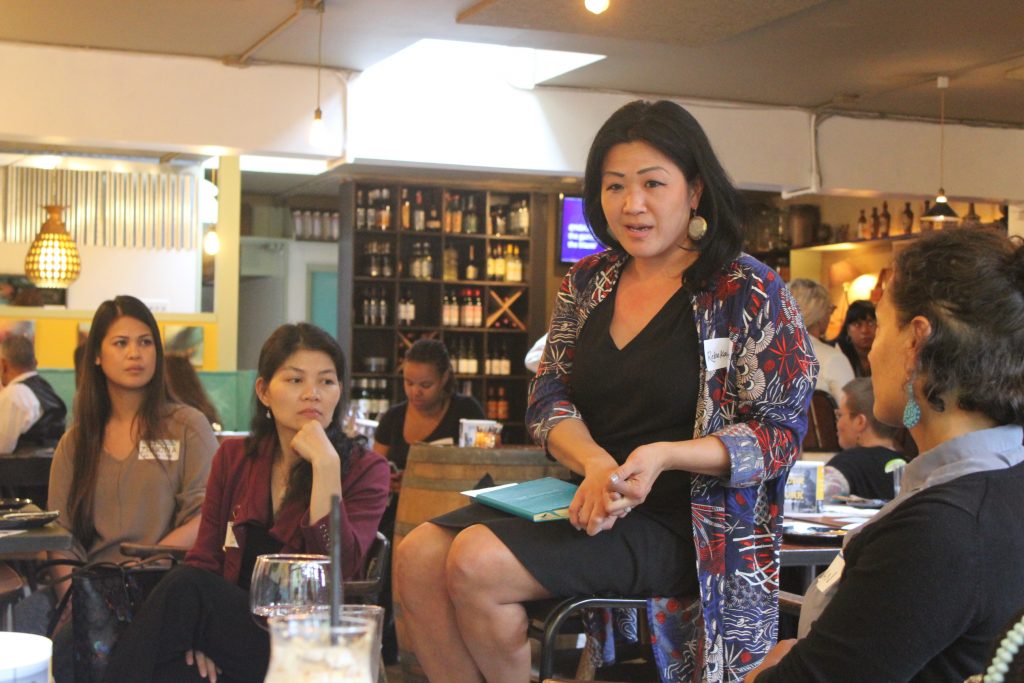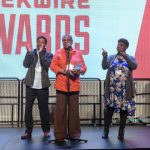
Network for Ed Work: Creating Leadership Pathways for Teachers of Color
Network for Ed Work: Creating Leadership Pathways for Teachers of Color
Being a teacher of color can be isolating. Carrying the weight of the responsibility to ensure the success of students of color can become overwhelming. Teachers of color experience microaggressions and it is easy to overlook how their experiences can be even more demanding.
There’s no need to argue here. Diversity, within teaching and administrative staff, is important. And, from countless stories, we know that navigating systems as a person of color can be challenging. Period.
TAF’s Martinez Fellowship Program is already working to recruit and retain more teachers of color, leveling out the disparate numbers to better represent Washington State’s student population.
TAF’s Martinez Fellowship Program is already working to recruit and retain more teachers of color, leveling out the disparate numbers to better represent Washington State’s student population. Doing so requires measures of support, both emotional and through professional development. Aside from providing scholarships and regular seminars for Fellows to discuss similar identity experiences as a person of color within a eurocentric public school system, the program has realized the need for further conversation around leadership.
Last year, the Fellowship began welcoming leadership conversations for current and rising leaders of color across Washington State, Fellow or not, recognizing how taxing remaining in the education profession can be for educators of color. Voiced themes included a need of career advancement to make a true impact in the education community, and from that, Education Leaders of Color was born.

The Fellowship designed Education Leaders of Color forums to collect information, assess where the need is, and how educators can be supported while navigating leadership pathways. As a result, it became evident that there was a larger need for more connections among leaders of color, and ultimately the opportunity for strong mentorship-like relationships and community-building.
Recently, on May 8th, the Fellowship held its first Network for Ed Work networking session at Seattle’s Jerk Shack, inviting prospective and seasoned leaders from across the Puget Sound to discuss shared experiences in education and ways to make an impact in various capacities of leadership.
For the first event, the room felt particularly full. Despite rain, guests poured into the privately-hosted event, and were able to engage in leader-led conversations. Attendees had the honor of hearing from featured leaders Rebekah Kim (Director of Instructional Support, Highline Public Schools), Dr. Kimberlee Armstrong (Director of Diversity, Equity, and Outreach, Edmonds School District), and Christian Correa (7th Grade Language Arts Teacher, Cascade Middle School). Of course, we would be remiss not to mention Dan Dizon (Executive Director of Human Resources from Federal Way Public Schools), who led the evening as an energetic and powerful emcee.

“Know what your core values are, and how you stand for them,” Kim replied. She continued,”[just] know, if you’re not in the right platform, you need to know how to speak. Speak in a way that others will hear you.”
If you were in the room, you would have observed multiple multi-layered conversations happening. “How do I share who I am without code switching and still be passionate about my work?” one attendee asked during Rebekah Kim’s session. “Know what your core values are, and how you stand for them,” Kim replied. She continued,”[just] know, if you’re not in the right platform, you need to know how to speak. Speak in a way that others will hear you.”
Kim spoke about the reality of being a teacher and leader of color. The hard truth that sometimes, you have to play your role and be careful, but you also have to be bold and hold steadfast to what you believe is right.
One may ask, how can a system that is not built for teachers and students of color be changed without leaders of color? Well, this can only be achieved when people of color are placed in positions of power to influence change and call-out racial and socioeconomic biases.
Opportunities for education leaders of color to come together, build one another up, and show each other the way to becoming a successful leader and role model within the education community is important. Network for Ed Work is important, because TAF is opening the conversation to include more than just its Fellows, but the education community as a whole.
Stay tuned for the next Network for Ed Work event, happening in a neighborhood near you. Follow TAF on Facebook and Twitter for the latest updates, and learn more about how the Martinez Fellowship Program is creating a network of support for teachers of color here.





